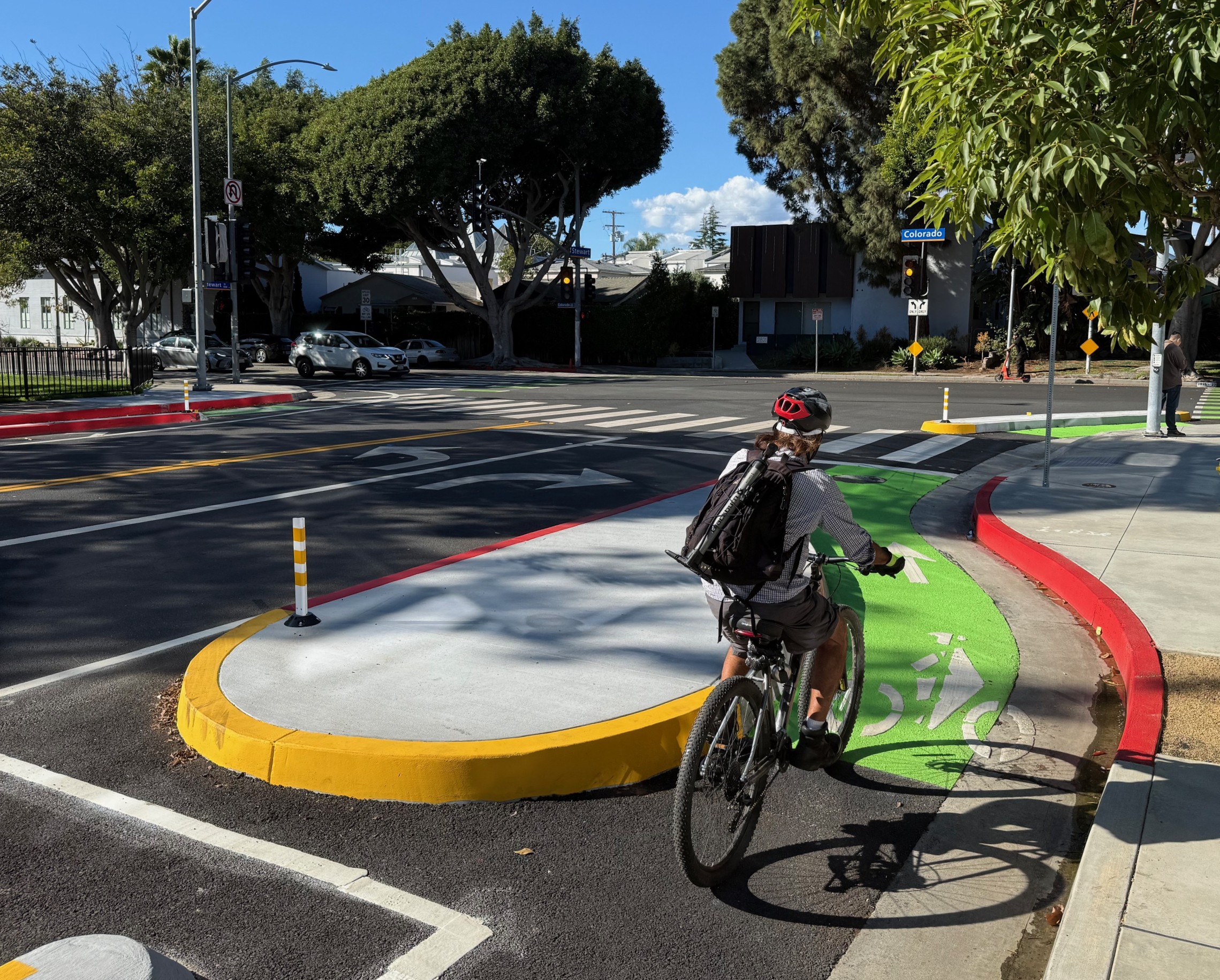You might still be recuperating from your post-election hangover, but automotive executives are celebrating victory after victory. Auto industry lobbyists are predicting a good couple of years, according to a report by Automotive News.
They’re betting the Republican majority in the House will “investigate, slow and try to block Obama administration initiatives that it considers detrimental to the auto industry” – initiatives like “safety legislation, the new consumer finance agency's regulations, fuel economy proposals and the EPA's new ethanol standard.”
Auto industry lobbyists are looking forward to two years of gridlock. They think their bargaining power is now strong enough to get them a seat at the negotiating table on things like safety legislation, resulting, they hope, in smaller penalties for violators. They’re worried about new standards for brake-override systems and black-box crash data recorders. According to Automotive News:
The auto safety bill crafted in the wake of Toyota's unintended-acceleration problems is going nowhere as long as Republicans control the House, predicted Dave McCurdy, CEO of the Alliance of Automobile Manufacturers.
They’re also glad Republicans will rule as the House oversees the new Consumer Financial Protection Agency chief, Elizabeth Warren. Oh, and “the EPA's decision last month to let refiners blend as much as 15 percent ethanol into gasoline, up from the current 10 percent” – they're looking forward to letting House Republicans take care of that one too. Indeed, the auto industry has reason to believe it will have access to politicians in this Congressional session – after all, they bought it.
According to the Center for Responsive Politics, the industry spent $9.3 million on campaign contributions in 2009-2010, including spending by individuals and PACs. Sixty-nine percent of the money went to Republicans. They got pretty good bang for their buck, too: of the 20 candidates they gave the most money to, 15 won. And of the five that didn’t, well, even most of those went okay for the industry.
For example, automakers and dealers gave $112,100 to Charlie Crist’s failed campaign for Senate in Florida. But they also gave $45,250 to the man who defeated him, Marco Rubio.
And sure, they gave a chunk of change to Tom Ganley, who first opposed Rob Portman in the GOP Ohio Senate primary and then dropped out of that race to try (unsuccessfully) to unseat Rep. Betty Sutton (D-OH). Ganley runs the largest automotive group in Ohio and largely self-financed his campaign. He may have lost, but both of the candidates that beat him were also automotive industry victories.
Sutton ranks number 16 in auto industry favorites in the House, bringing in almost $31,000 this year in contributions from the industry. And Senator-elect Rob Portman was the number one recipient of car money, raking in $163,275. Maybe that was the deciding factor in Portman’s stunning come-from-behind victory – Portman went from trailing his Democratic opponent after the primary to an 18-point win in November.







